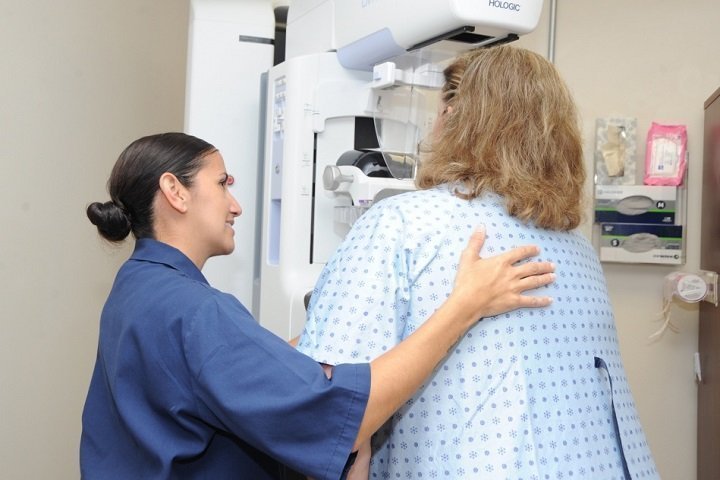Scientists have created the most comprehensive method yet to predict a woman’s risk of breast cancer, according to a study by Cancer Research UK published in Genetics in Medicine.
Antonis Antoniou and his team at the University of Cambridge, developed a way of calculating the risk of developing the disease by combining information on family history and genetics with other factors such as weight, age at menopause and alcohol consumption.
Researchers found that by considering all factors at once, plus family history and genetics, they can identify groups of women who have different risks of developing breast cancer.
Importantly, for the first time, researchers have taken into account more than 300 genetic indicators for breast cancer. This makes calculating the risk much more precise than ever before.
Professor Antonis Antoniou, lead author at the University of Cambridge, said: “This is the first time that anyone has combined so many elements into one breast cancer prediction tool. It could be a game changer for breast cancer because now we can identify large numbers of women with different levels of risk – not just women who are at high risk.”
The researchers have created an online calculator for GPs to use in their surgeries. Some GPs, practice nurses and genetic counsellors are testing this tool before it is considered for wider use. Doctors are prompted to answer a series of online questions about their patient including their medical and family history, whether they have any known genetic alterations linked to cancer, their weight and whether they drink alcohol.
“This should help doctors to tailor the care they provide depending on their patients’ level of risk. For example, some women may need additional appointments with their doctor to discuss screening or prevention options and others may just need advice on their lifestyle and diet. “We hope this means more people can be diagnosed early and survive their disease for longer, but more research and trials are needed before we will fully understand how this could be used,” Antoniou said.
In the future, information like this could help to tailor breast cancer screening depending on an individual’s risk. For example, it could help determine what age they are first invited for breast screening or how regularly they are invited to receive it and help women make decision about preventative therapy.
Breast cancer is the most common cancer in the UK. Nearly 55,000 women are diagnosed with the disease each year. But a large proportion of breast cancer cases occur in people who are at an increased risk. Cancer Research UK has helped to double breast cancer survival over the last 40 years.






